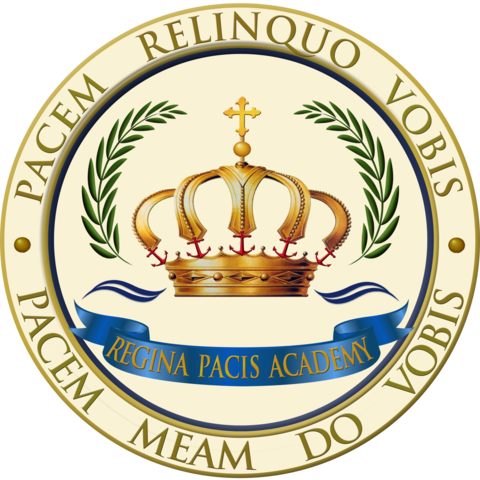The best Catholic classical schools seek to help students develop habits of inquiry into life's fundamental questions. It teaches that to know oneself, you need to know more about the world God created, which leads to more profound knowledge. The primary goal of classical education is to teach students how to learn instead of what to learn. Learning at these schools is divided into the Trivium and the Quadrivium. Below is a brief introduction to each of these areas.
The Trivium
Grammar: This stage (Grades K to 6) emphasizes memorization and the learning of fundamental rules through drills and repetition. For children, this is a time to grow in knowledge, as they learn, observe, and remember. The Grammar stage provides building blocks for later learning.
Logic: The goal of this stage of classical learning (Grades 7 to 9) is to deepen students’ understanding by asking the "how, what, and why" about all, they learned in the Grammar stage. In the Logic stage, students learn cause and effect, how things relate to each other, and how they fit together. They can begin to ask critical questions to start making sense of the body of knowledge they now have. This is a time for students to grow in understanding, as they think, reason, and analyze.
Rhetoric: In this stage (Grades 10 to 12), students take facts and logic from the previous stages and finally use them for creative purposes. During the grammar stage, students gain an abundance of knowledge. In the logic stage, they learn the art of asking questions and finding meaning. In the Rhetoric stage, students are trained on how to express what they have learned in a coherent fashion and how to create a persuasive argument by applying, integrating, innovating, and communicating knowledge. This is a time for students to grow in wisdom, as they apply, express, and persuade.
The Quadrivium
If the Trivium can be described as the “arts of the word,” then the Quadrivium can be characterized as the “arts of number.” The Quadrivium includes the four disciplines of arithmetic, geometry, music, and astronomy. Arithmetic is concerned with the infinite linear array of numbers. Geometry moves beyond the line to higher-dimensional spaces. Music, or harmony, is the application of the pure sciences of numbers evolving in time, and astronomy is the application of geometry to the world of space. Taken together, these four disciplines encompass the studies of the laws of the universe, the unchanging fundamentals underlying nature and society.
Did you know that there are 151,101 teachers in Catholic schools across the United States, according to the U.S. Conference of Catholic Bishops? Some of these teachers work in the best Catholic classical schools in the country. If you'd like to enroll your child in an institution like Regina Pacis Academy which focuses on the seven liberal arts which can truly liberate your child’s mind, then reach out to our School Office today.


